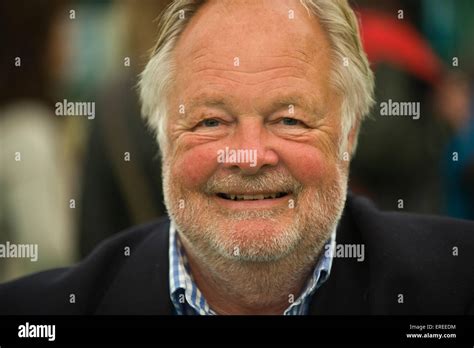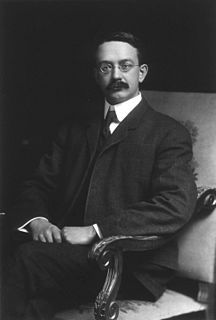A Quote by Francis Crick
Protein synthesis is a central problem for the whole of biology, and that it is in all probability closely related to gene action.
Related Quotes
The major credit I think Jim and I deserve ... is for selecting the right problem and sticking to it. It's true that by blundering about we stumbled on gold, but the fact remains that we were looking for gold. Both of us had decided, quite independently of each other, that the central problem in molecular biology was the chemical structure of the gene. ... We could not see what the answer was, but we considered it so important that we were determined to think about it long and hard, from any relevant point of view.
Biology occupies a position among the sciences at once marginal and central. Marginal because-the living world constituting but a tiny and very "special" part of the universe-it does not seem likely that the study of living beings will ever uncover general laws applicable outside the biosphere. But if the ultimate aim of the whole of science is indeed, as I believe, to clarify man's relationship to the universe, then biology must be accorded a central position . . .
Heredity is to-day the central problem of biology. This problem may be approached from many sides - that of the breeder, the experimenter, the statistician, the physiologist, the embryologist, the cytologist - but the mechanism of heredity can be studied best by the investigation of the germ cells and their development.
We are internally related to everything, not [just] externally related. Consciousness is an internal relationship to the whole, we take in the whole, and we act toward the whole. Whatever we have taken in determines basically what we are. Wholeness is a kind of attitude or approach to the whole of life. If we can have a coherent approach to reality then reality will respond coherently to us.
It was Darwin's chief contribution, not only to Biology but to the whole of natural science, to have brought to light a process by which contingencies a priori improbable, are given, in the process of time, an increasing probability, until it is their non-occurrence rather than their occurrence which becomes highly improbable.
The Christian faith is the most exciting drama that ever staggered the imagination of man-and the dogma is the drama ... The plot pivots upon a single character, and the whole action is the answer to a single central problem: 'What think ye of Christ?'... He was emphatically not a dull m an in his human lifetime, and if he was God, there can be nothing dull about God either.


































